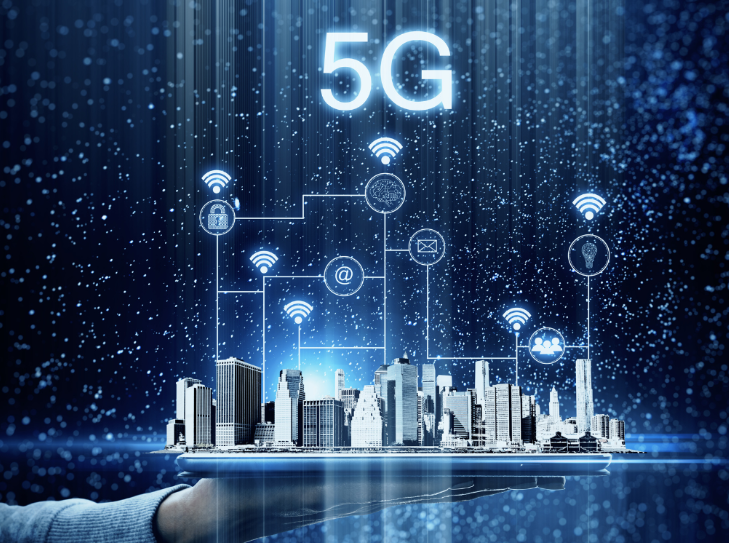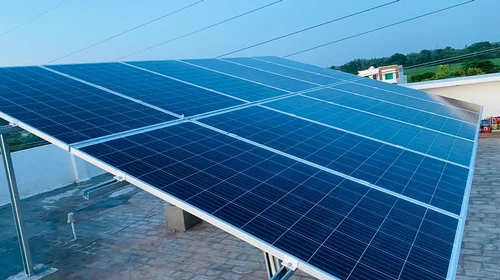How 5G Will Impact the Future of Smart Cities

The integration of 5G technology is poised to redefine the operational dynamics of smart cities. Its unparalleled speed and low latency will enhance various urban services, creating a more efficient urban ecosystem. From traffic management systems that respond in real-time to advanced public safety measures, the potential applications are vast. However, the implications of this technological shift extend beyond mere efficiency. What innovations will emerge as cities adapt to this new connectivity landscape?
Transforming Traffic Management With 5G
The advent of 5G technology is poised to revolutionize traffic management systems in urban environments.
By enabling smart transportation solutions, cities can leverage real-time analytics to monitor traffic patterns and optimize flow. This connectivity allows for immediate adjustments, reducing congestion and enhancing mobility.
Ultimately, 5G empowers urban populations to experience greater freedom in their daily commutes, fostering more efficient and responsive transportation networks.
Enhancing Public Safety Through Smart Surveillance
Smart surveillance systems, enhanced by 5G technology, offer a transformative approach to public safety in urban areas.
By integrating facial recognition capabilities, these systems can swiftly identify individuals in real-time, significantly improving emergency response times.
This innovative technology not only deters crime but also fosters a sense of security among citizens, demonstrating how smart surveillance can empower communities while respecting individual freedoms.
Revolutionizing Healthcare Services in Urban Areas
Urban environments are evolving into interconnected ecosystems where technology plays a pivotal role in enhancing various services, including healthcare.
The advent of 5G facilitates robust telehealth services, enabling healthcare providers to monitor remote patients efficiently.
This seamless connectivity allows for real-time data sharing, empowering patients with greater access to medical care and enabling proactive health management, ultimately transforming urban healthcare landscapes.
See also: How 5G Technology Will Enhance Smart Cities
Promoting Sustainable Energy Consumption and Resources
As cities increasingly adopt 5G technology, their ability to promote sustainable energy consumption and resource management becomes significantly enhanced.
This advancement facilitates the deployment of smart grids, which optimize energy distribution and reduce waste.
Additionally, real-time energy monitoring empowers citizens to make informed choices about their consumption, fostering a culture of sustainability.
Ultimately, 5G technology serves as a catalyst for greener urban environments.
Conclusion
In a world where traffic jams become a distant memory, and healthcare appointments are but a hologram away, 5G promises to make smart cities feel like a scene from a sci-fi movie—complete with flying cars (if only!). As urban life transforms into a whirlwind of seamless connectivity, one can only hope that amidst this technological utopia, someone remembers to keep the coffee shops open for those still waiting for their Wi-Fi to catch up.





